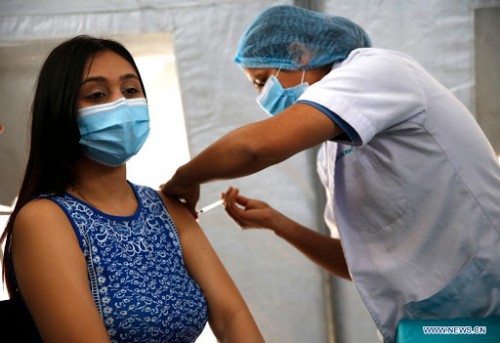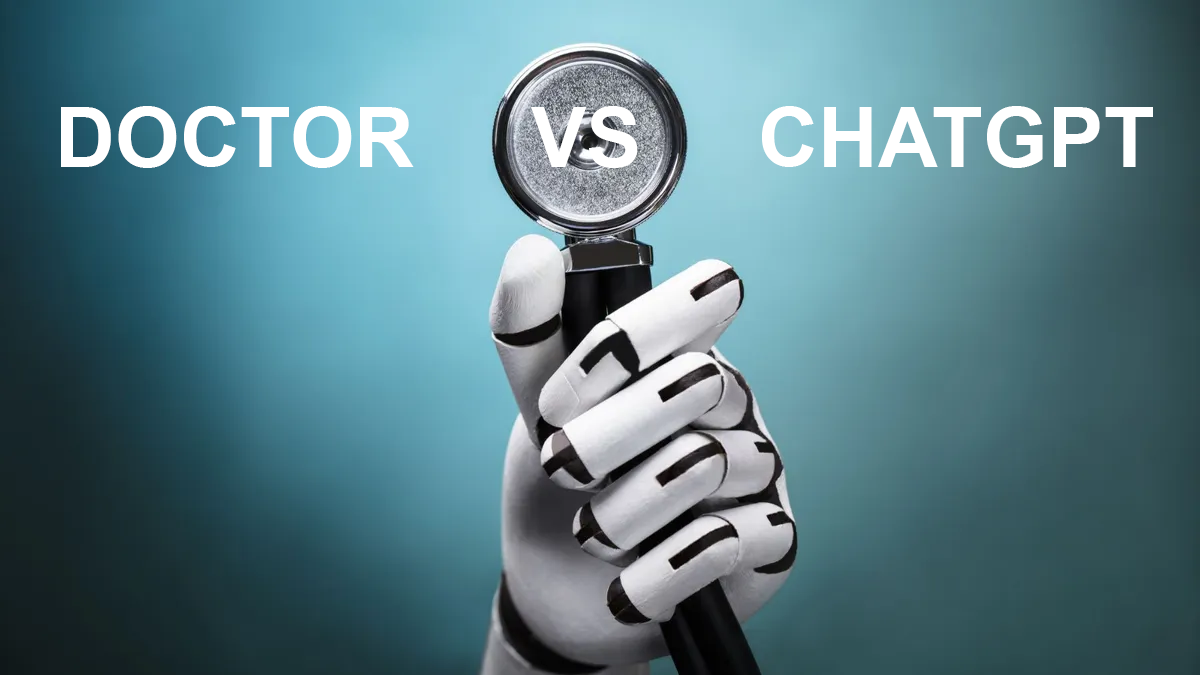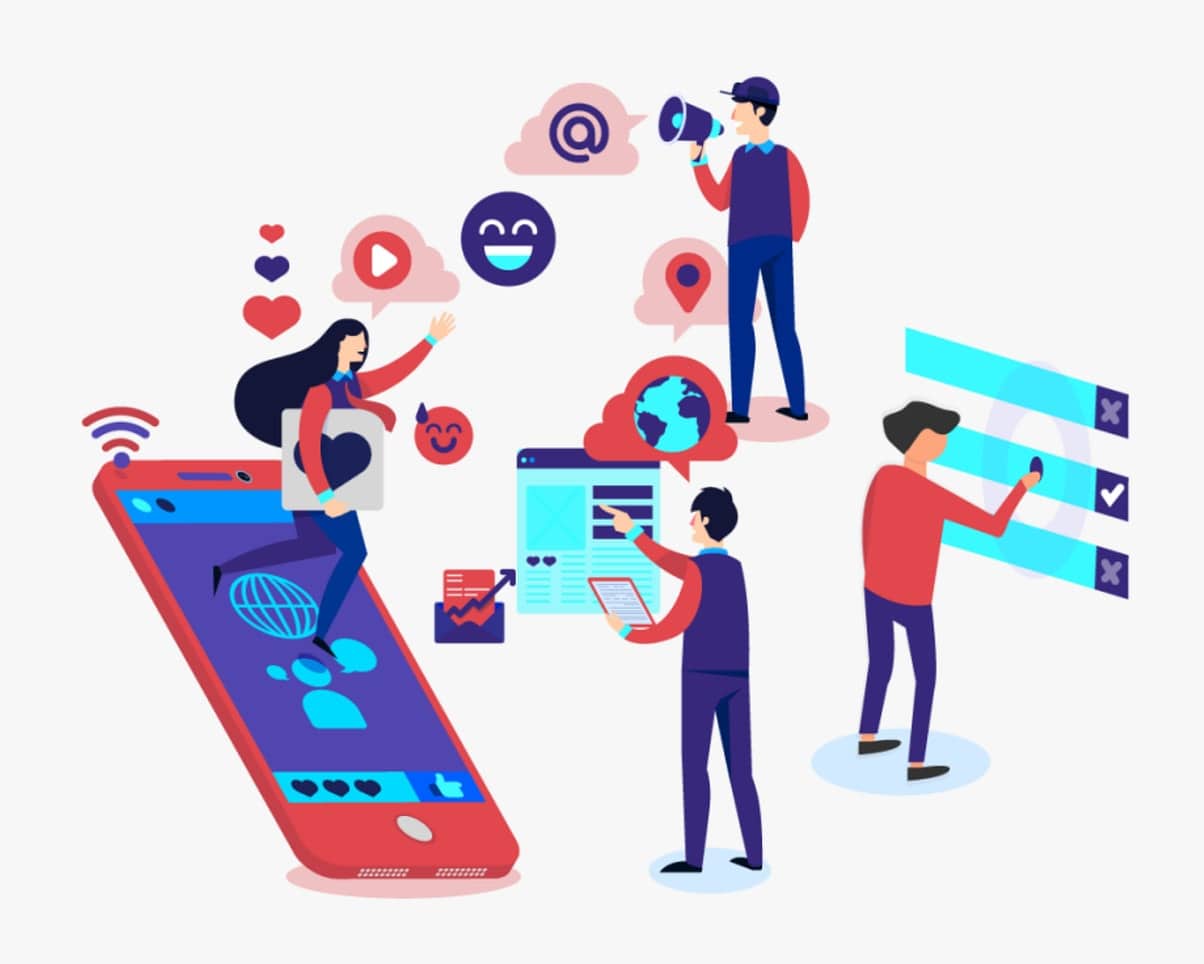But until a majority of the country has been vaccinated, it's tough even for vaccinated people to determine what's safe. Although the health ministry offers basic guidelines for vaccinated individuals, quite a few common scenarios aren't addressed in its recommendations.
For instance, the ministry doesn't offer advice for households in which only some family members are vaccinated, or for people who've received just one vaccine dose. It also not addressed for a large number of population without internet connection that how they register themselves to get slots.
The guideline also stops short of telling vaccinated people whether they can return to indoor activities, and there's no concrete rule about exactly how many fully vaccinated people can gather indoors without masks.
Experts suggets that those with single shot of vaccination can still incur risk if they live alone or with others who've not gotten their shots. So you need to wait to get both shots before changing your behavior.
The health dept doesn't consider a person to be fully vaccinated until at least two weeks after their second dose of vaccine, or two weeks after their single shot. That's because it takes time for the immunity to build.
Dr. Vivek Cherian, an internal-medicine physician, told that it's not worth the risk to start changing your behavior in between your first and second shot.
"You'd be really only talking about waiting an extra few weeks to get your second dose and reap those benefits," he said.
It's alright for vaccinated people to remove their masks when visiting other fully vaccinated people indoors or seeing unvaccinated people from a single household. What is not always straightforward, though, are real-life circumstances. Split households, where some members are vaccinated and others are not, is one example. So steer clear of large gatherings if you live with unvaccinated people
Physicians generally advise that these households stick to outdoor activities and steer clear of large gatherings until all members have gotten their shots.
Households with high-risk individuals should be extra cautious. it's important to consider whether unvaccinated people in your household are vulnerable to severe COVID-19. If that's the case, even the vaccinated person should continue to wear masks in public and ensure any gatherings with people outside the home are socially distanced and outdoors. In instances where one member of a couple is unvaccinated and does not have risk factors for severe COVID-19, [the couple] may socialize indoors and without a mask with another adult who is fully vaccinated.
Big groups of fully vaccinated people aren't necessarily risky. The guideline also says that vaccinated people continue to avoid medium and large in-person gatherings – but there cannot be given a specific cutoff for the number of attendees. Experts don't yet seem to agree about whether multiple households of fully vaccinated people should gather in groups.
The time for concerts, weddings, and other large-scale events will certainly come, and the risk of creating a superspreader event is certainly lower if participants are vaccinated. But for now fully vaccinated people should avoid these types of gatherings.
Though the size of the event isn't the main issue – it's whether any unvaccinated people are in attendance.
If all individuals are fully vaccinated, there is an extremely low risk to those present. When you start having larger gatherings and include unvaccinated individuals from many different households, the risk of COVID-19 transmission increases.
There's little harm in hopping on a plane if you're vaccinated.The fully vaccinated people continue to refrain from non-essential travel, but the guidelines don't specify which forms of travel are off-limits.Experts says there's little risk in hopping on a plane to see friends and family once you're fully vaccinated.
Fully vaccinated people should feel free to travel to see their families," Dr. Leana Wen, an emergency physician says. "But of course, please take every precaution during the travel – including wearing a well-fitting mask at all times in public places, trying to stay physically distanced where possible, and washing hands well."
Subways, trains, and buses tend to hold large crowds, so riders face a higher risk of COVID-19 exposure. For that reason, people need to limit their use of public transportation if possible, whether they're vaccinated or not. Vaccinated people can consider taking the subway if they wear masks and practice social distancing whenever possible.
Be selective about high-risk activities like indoor dining or church services. If someone is vaccinated and really wants to attend in-person church services and to go back to their senior center for indoor activities.The risk to them is very low, and their risk to others is also low.
The same goes for indoor dining. A couple or groups of friends or family that really wants to eat out in a restaurant again could do so occasionally, but not night after night.
In general, experts recommended that vaccinated people choose the indoor activities that matter most to them, then engage in these activities sparingly until most others are vaccinated as well.

With a growing number of states will now soon roll out vaccines to the general public, most adults could get their hands on a shot in coming weeks, if not sooner. So far, only 11 percent of the population has received a first dose.




